Once upon a time, there was a sage named Khatvanga. Indra sought his help to deal with some evil powers. The sage successfully satisfied Indra’s request. He then offered the sage a boon in return of his favour. The sage enquired Indra, ‘How much time do I have in this body?’. Indra utilised his divine power to find it out. He answered, “One muhurtham” [that is: 48 minutes]
The sage accepted it in complete poise. He sat down in a yogic posture. He retracted his five senses inward to his manas (mind), his manas inward towards his buddhi (intellect), his buddhi inwards towards atma (himself), atma inwards at the lotus feet of God. He attained moksha as soon as the physical body collapsed!
Moksha, the ultimate blissful state in 7 days!
There was a king named Parikshith (Abhimanyu’s son) who was in a similar situation. He found out that he has 7 days to live before a snake bites him to death. He did not worry. He called out for all scholars and sages of that period. He asked them utmost respects and with keen interest, “How can I best spend the 7 days?” All of them, old and wise, were going through some scriptures and discussing between themselves to give an answer.
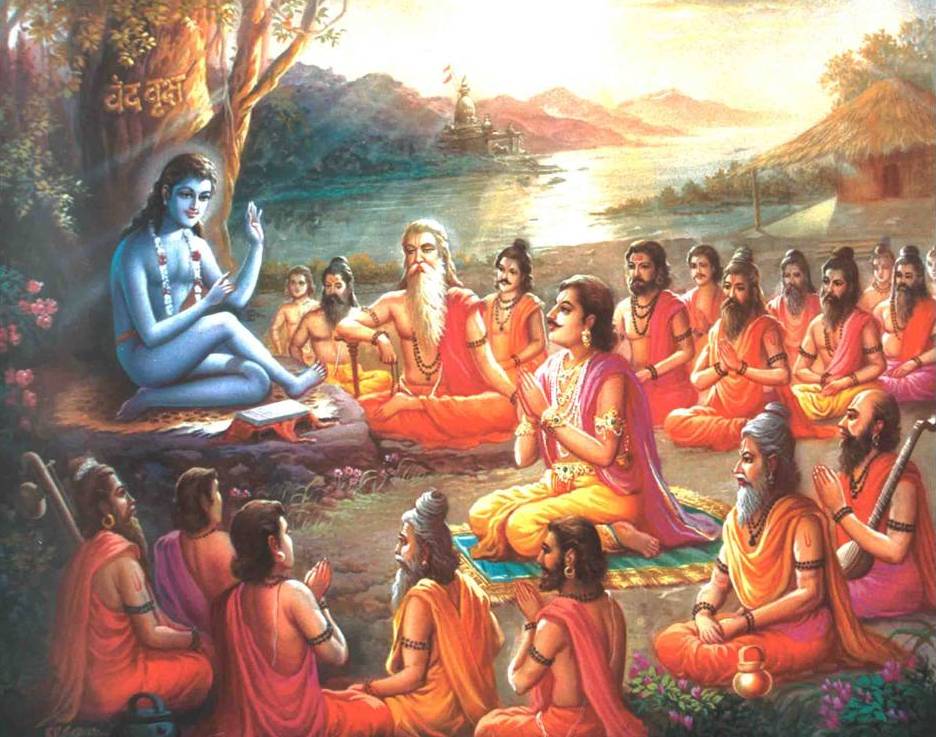
Sri Suka, a 16-year-old sage, just walked in. Every single one stood up and bowed their heads. He immediately responded to the king’s plead.
Sri Suka suggested that the king listens to: the history of each devotee who admired God and His divine qualities, how God’s grace has the power to release one from the paws of arrogance, how God moulds everyone to make them fit for His grace and grants them ever-lasting joy.
This is when Bhagavatham was beautifully elaborated by Sri Suka in Haridwar at Suka taal. There were hundreds of other scholars and sages along with Parikshith. But, at the end of the 7th day, it was only Parikshith who attained moksh. Why? Because all his senses, manas, buddhi, and the self were 100% delved in listening to the greatness of God, day and night with no breaks for meal or rest. He did not try to do fasting. He did not try to be awake. These were automatic resultants. When the sage asked the king if he wanted to have something to eat or get some rest, he said “Oh revered sage, my ears are feeding me the beautiful history of the greatest devotees of God. I am hungry for more such food.”
ఏకాదస్యాం అహో రాత్రాం కర్తవ్యా భో జన త్రయామ్”
- spend time singing the names of God that describe His qualities and His form,
- spend time in the company of devotees,
- stay awake throughout the night forgetting that it’s time to sleep!
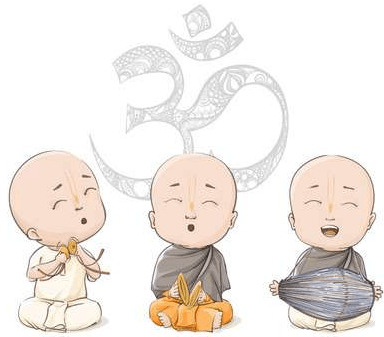
Then, why only Ekadasi ?
Khatvanga and Praikshith’s immense devotion towards their goal led them naturally into right conduct in their final stages. What about for us? This is where fasting on Ekadasi helps…
All these days, we focused our senses on the surface of what is visible to the naked eye. Fasting on Ekadasi allows one to prepare the mind for ‘seeing’ inner thatva. Ekadasi is the 11th day of the moon cycle, both the full moon and the new moon. On the 11th day, moon’s energy is directed on mind (manas). Hence, supply the mind with right “food” – God and His nature. Just like fresh pure running water can drive away any pollutants in stale water – God’s divine qualities have the power to drive away “pollutants” of mind. Over many lives, our mind has become ignorant of real truths.
What ignorance, haven’t we evolved in science and technology ?
Let’s see if we have really evolved. We can’t forecast weather better than some birds. Birds go back to their nests without help of any navigation systems. We don’t know what food is right for ourselves (the soul), even pet dogs refuse tea or alcohol. We often confuse ourselves with our body, there by giving utmost importance to the comforts of body. Is technology focusing on ever lasting ‘soul’ or ever changing ‘body’? What is necessary?
To help ourselves come out of such ignorance, we must start with eating right food in right quantity, and fasting on Ekadasi – to strengthen our manas and buddhi with right wisdom! What do scriptures say about right food for humans?
ఆకాశాత్ వాయు:, వాయో రగ్ని:, అగ్నే రాప:, అద్భ్య: పృథివీ,
పృథివ్యా ఓషధయ:, ఓషధీభ్యోన్నమ్, అన్నాత్ పురుష: !!
[Aakas (space) -> Vayu (air) -> Agni (fire) -> Aapas (water) -> Prudhivi (earth) -> Oshadhi (plants and its products) -> Annam (food) -> Purushaha (all of us)]
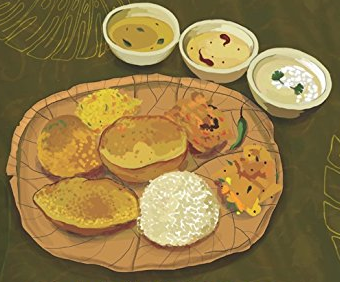
Vedas say, Purushaha are to be brought up on annam that comes from the oshadhi grown on prudhivi (Earth). There are further details on what each of those oshadhis are and their impact on manas and buddhi etc.
Ultimately, the point is to utilise Vedic wisdom and tune our life style accordingly. Only then, we can make best out of being in a very precious and powerful body given by God – the human body!
We are spending more money, time, energy on perfecting the comforts for body, and not in relishing the true state of the soul – the immense joy from within and the path to eternal bliss, moksha.
– From the discourse of Sri Chinna Jeeyar Swamiji
– 12th July 2019
– Andhra Association, Nagpur, Madhya Pradesh
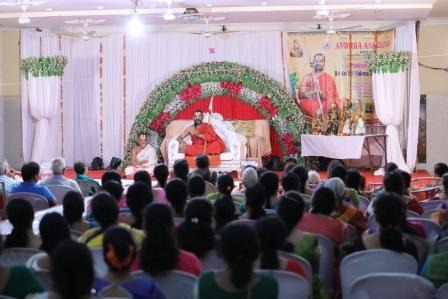
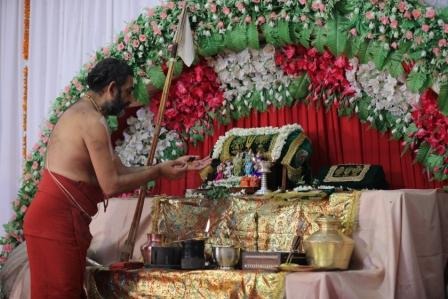
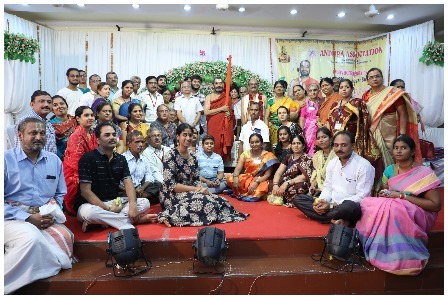

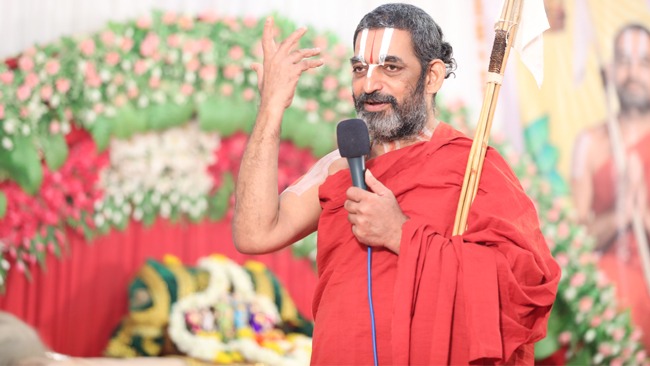

Jai Srimannarayana 🙏